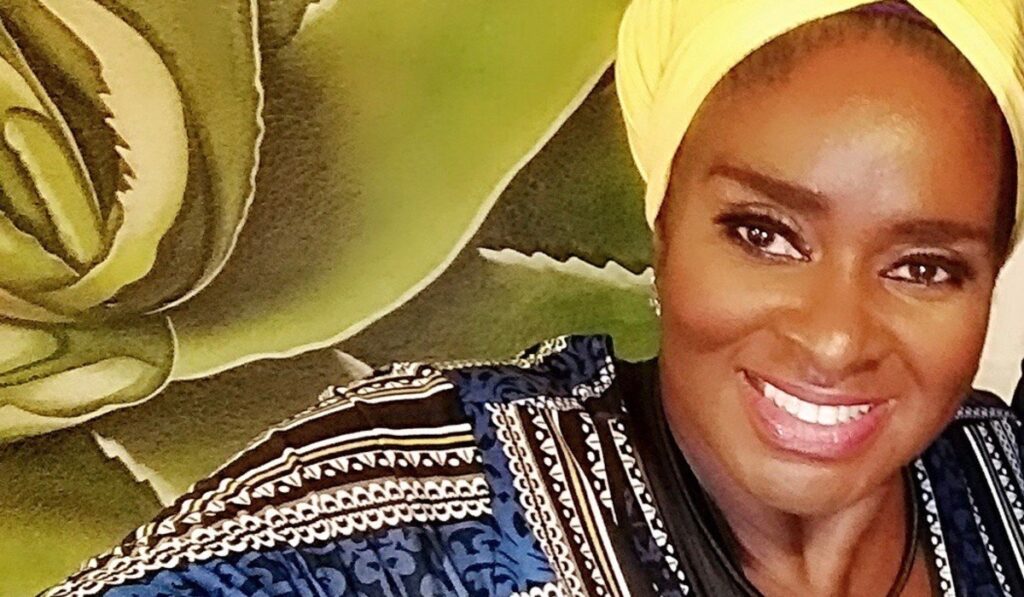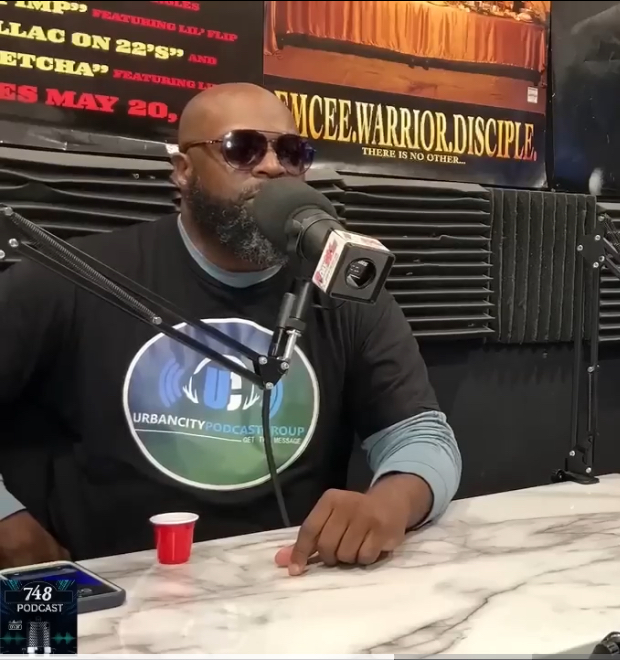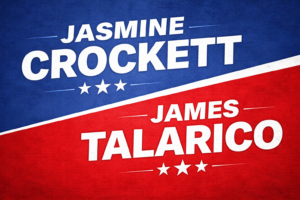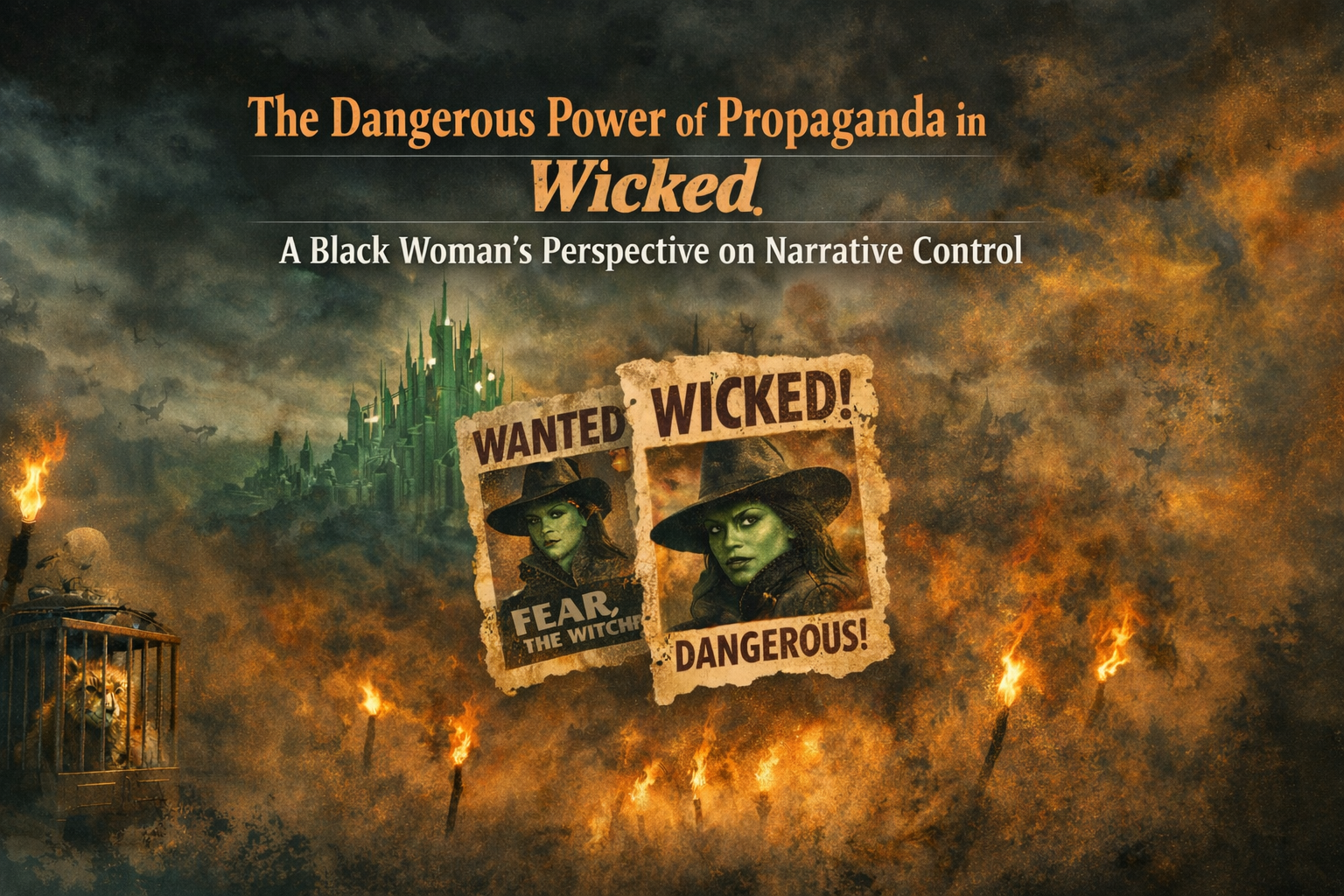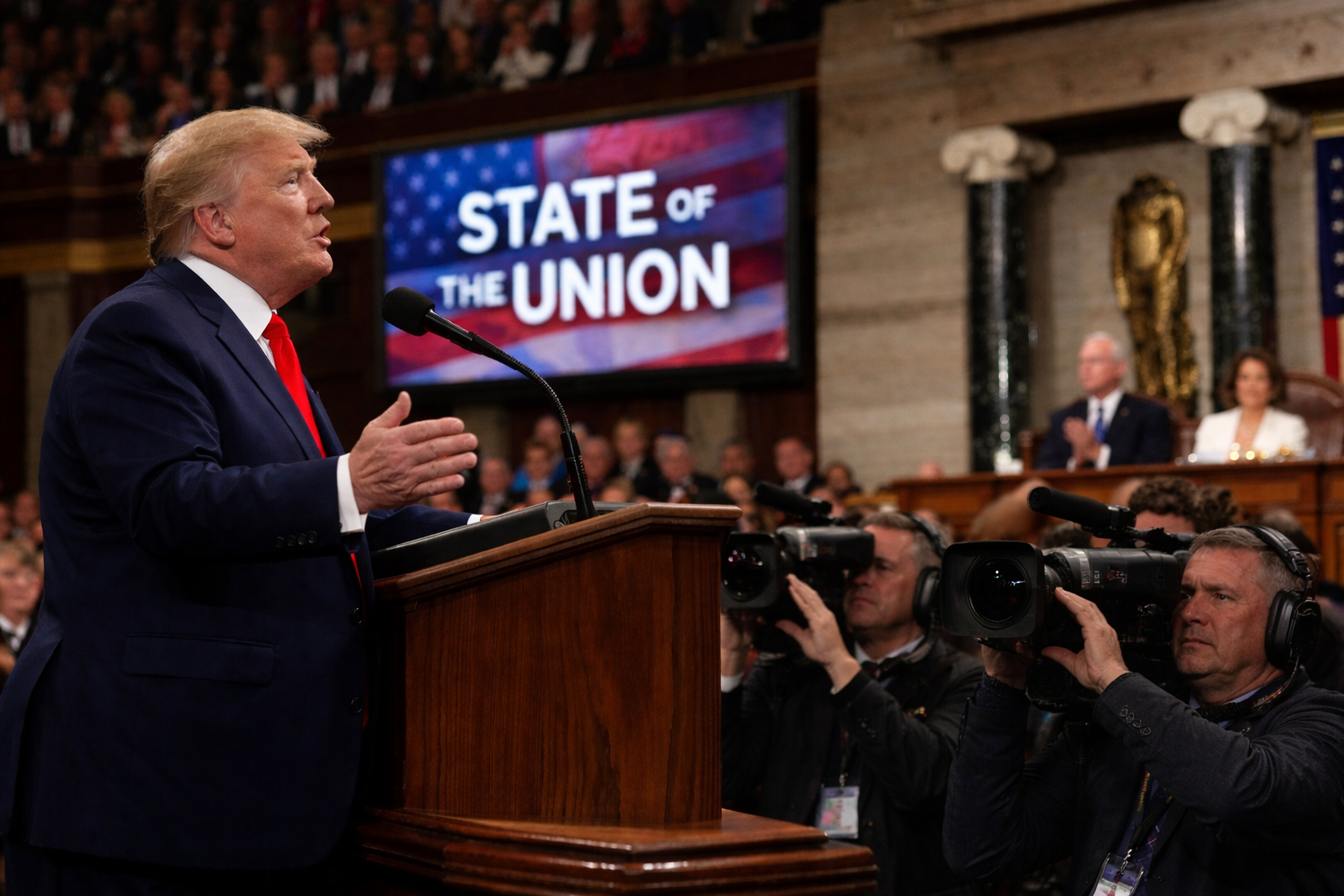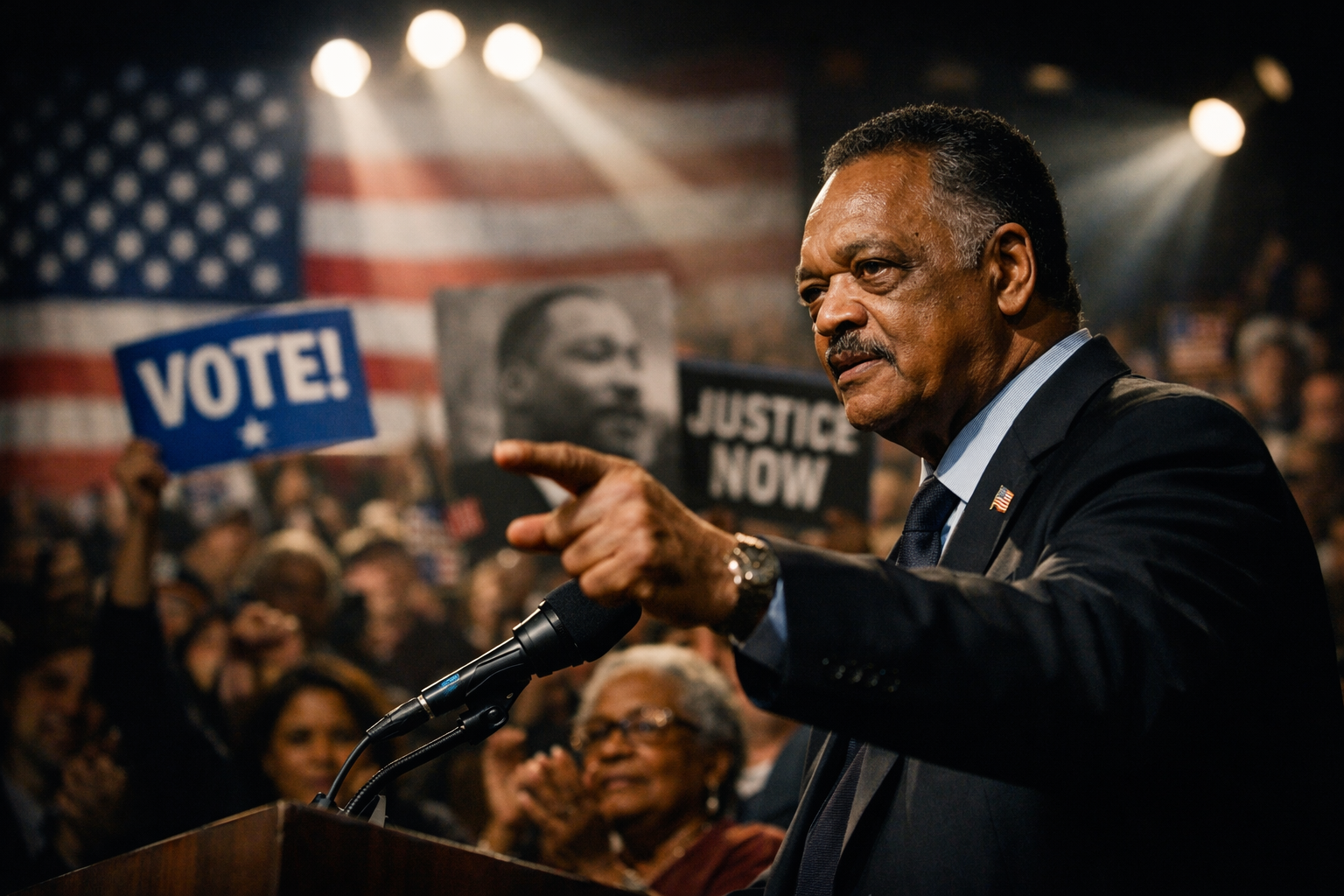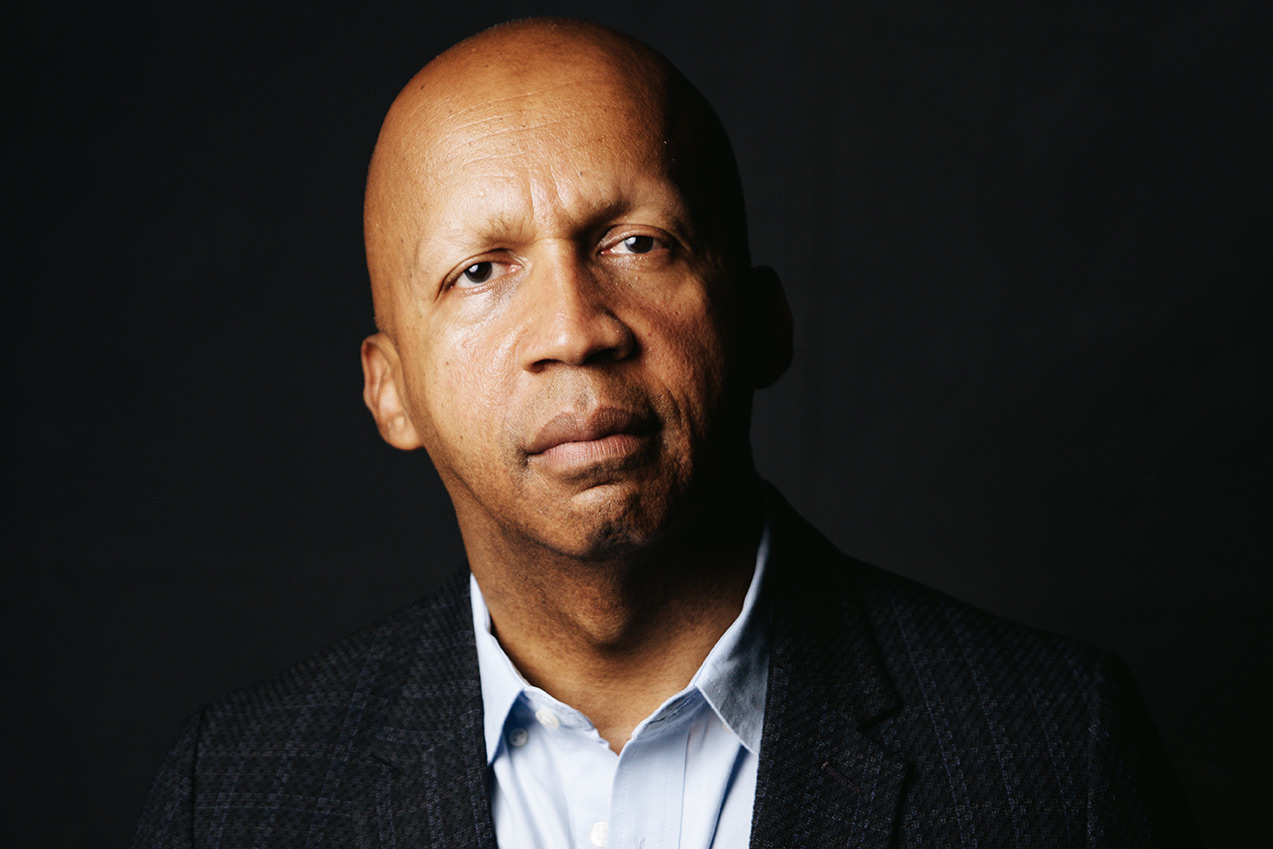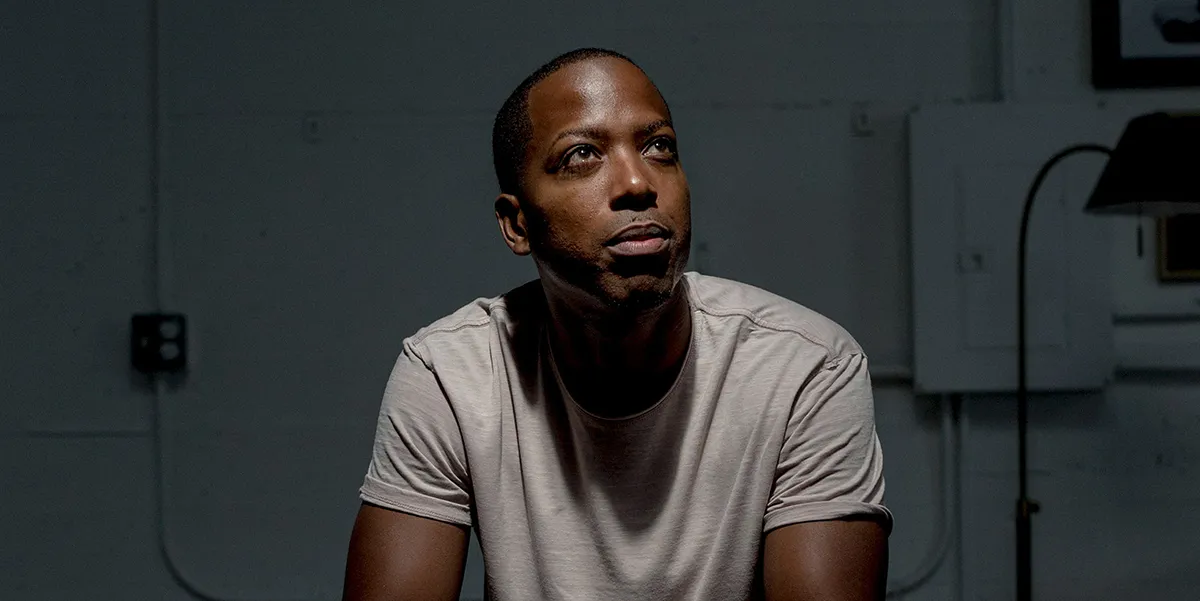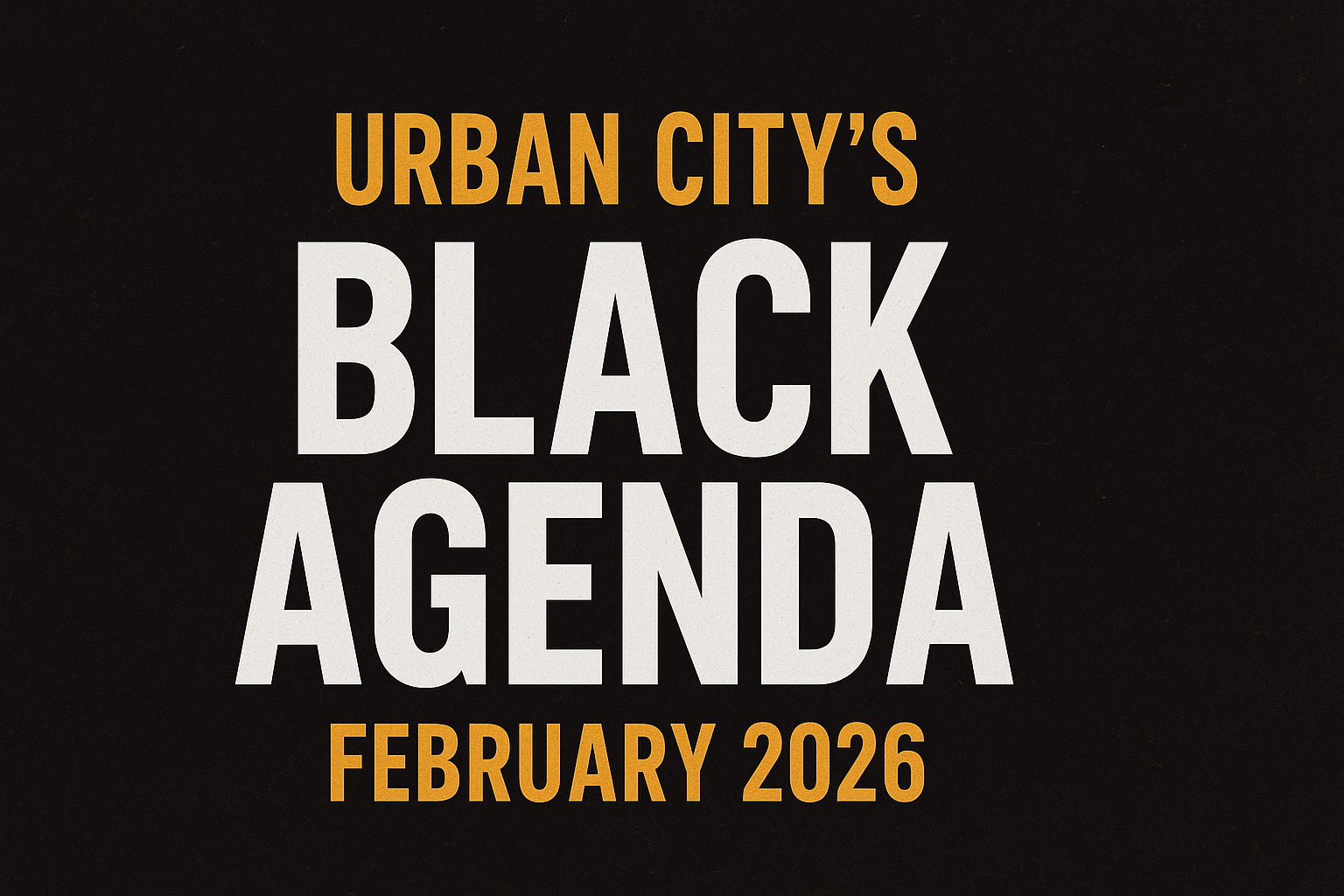Immigration and Customs Enforcement (ICE) raids have long been painted as operations targeting undocumented individuals
Often associated with Latino immigrants. But there’s a narrative that doesn’t get the spotlight: the devastating impact of ICE raids on Black immigrants—especially those from the Caribbean and Africa. This is not just about border walls or visa overstays. It’s about race, identity, and silence.
One of the most shocking stories in recent years involves Jane Eugene, lead singer of the legendary British R&B group Loose Ends, who found herself in the crosshairs of ICE in an incident that stunned fans and civil rights activists alike. Her case is a sobering reminder that no one is immune when a system prioritizes paperwork over humanity.
ICE and Black Immigrants: A Hidden Crisis
Black immigrants make up roughly 7% of the non-citizen population in the U.S., yet they account for 20% of those facing deportation on criminal grounds. You read that right—20%. Despite being a smaller segment, they’re disproportionately targeted. Most Americans don’t realize how many Black people are immigrants, in part because the conversation is dominated by Latinx visibility. But in cities like New York, Miami, Houston, and even places like Jackson, MS, the African and Caribbean presence is strong and growing.
ICE raids are not just happening in border towns. They’re happening in neighborhoods, workplaces, schools—even churches. And when the doors get kicked in, the trauma hits deep. Children are left behind. Families are torn apart. And in Black communities already facing systemic challenges—this feels like yet another form of state violence.
The Story of Jane Eugene: Soul Music Meets Systemic Coldness
Jane Eugene is no stranger to resilience. As the iconic voice behind hits like “Hanging on a String” and “Slow Down,” she helped bring a smooth, UK-rooted R&B vibe to American airwaves in the ’80s and ’90s. But in 2023, Jane’s name reappeared in headlines for a far different reason.
While performing and residing legally in the U.S. for decades, a paperwork issue triggered a red flag in ICE’s system. Without warning, she was detained in Los Angeles. Not questioned. Not fined. Detained. Like a criminal. As if the system had no idea who she was—or didn’t care. She was treated not as an artist who helped shape the musical landscape, but as a case number. A so-called “alien.”
Thankfully, her status was resolved thanks to swift legal support and media pressure. But Jane’s experience pulled back the curtain on a broader reality: being Black and foreign-born in America comes with a unique and invisible set of risks.
Double Jeopardy: Blackness + Immigrant Status
Let’s not sugarcoat this: Black immigrants are hit from both sides. Not only are they vulnerable to ICE crackdowns, but they’re also subject to the same systemic racism that native-born Black Americans face—over-policing, housing discrimination, employment bias, and underrepresentation in media.
For African Americans, it’s police brutality. For Black immigrants, it’s ICE brutality. Either way, the boots at the door don’t discriminate. They’re still boots.
Take Cameroonians fleeing a violent civil war. Many who arrive at the U.S. border seeking asylum are met not with compassion, but detention. In fact, ICE has been accused of using excessive force, coercion, and even physical abuse against some of these asylum seekers—many of whom are English-speaking and highly educated professionals.
Silence and Erasure: Why Don’t We Hear About This?
One word: visibility.
When the mainstream media covers immigration, it’s often in shades of brown—not black. Black immigrants get left out of the narrative because their experiences don’t fit neatly into America’s immigration “brand.” But this invisibility only makes their situation more dangerous. When there’s no public outcry, systems don’t change.
Community advocates like the Black Alliance for Just Immigration (BAJI) have been ringing the alarm bells for years, but their work rarely makes national headlines. And even within Black American spaces, immigrant voices often feel sidelined—creating a gap in our collective fight for justice
What We Can Do: Awareness + Advocacy
Educate Our Communities: Let’s stop acting like immigration is “their” issue. It’s ours too. Churches, HBCUs, barbershops, and Black media platforms must start holding space for these conversations.
Support Legal Defense Funds: Black immigrants face steeper legal hurdles and fewer resources. Organizations like RAICES, BAJI, and the Haitian Bridge Alliance need support.
Use Our Platforms: Whether you’re a podcaster, poet, or parent—amplify these stories. Shout out Jane Eugene, and others like her, so folks know this isn’t just policy—it’s personal.
Push Policy Reform: We must advocate for immigration policies that consider the racialized impact of enforcement, including ending the criminalization of immigration and demanding more humane treatment for detainees.
Conclusion: Black Unity Has No Borders
Jane Eugene’s story is more than a headline—it’s a wake-up call. ICE raids don’t just happen to “others.” They happen to us. And until we include Black immigrants in our fight for justice, we’re leaving part of our family behind.
At Urban City, we believe in telling the stories others won’t. And we’ll keep pushing, reporting, and amplifying the voices that power our people—across states, continents, and generations.
Because Blackness isn’t just American—it’s global.
urbancitypodcast.com | Urban City Podcast Network | Real Talk. Real People. Real Black.

